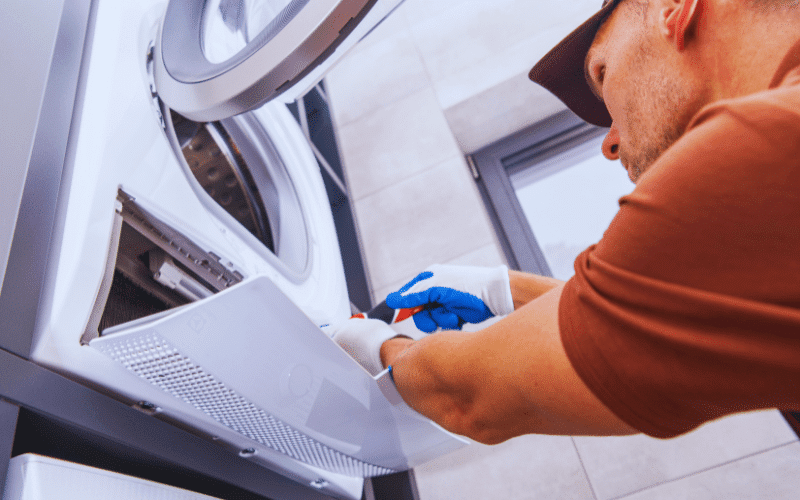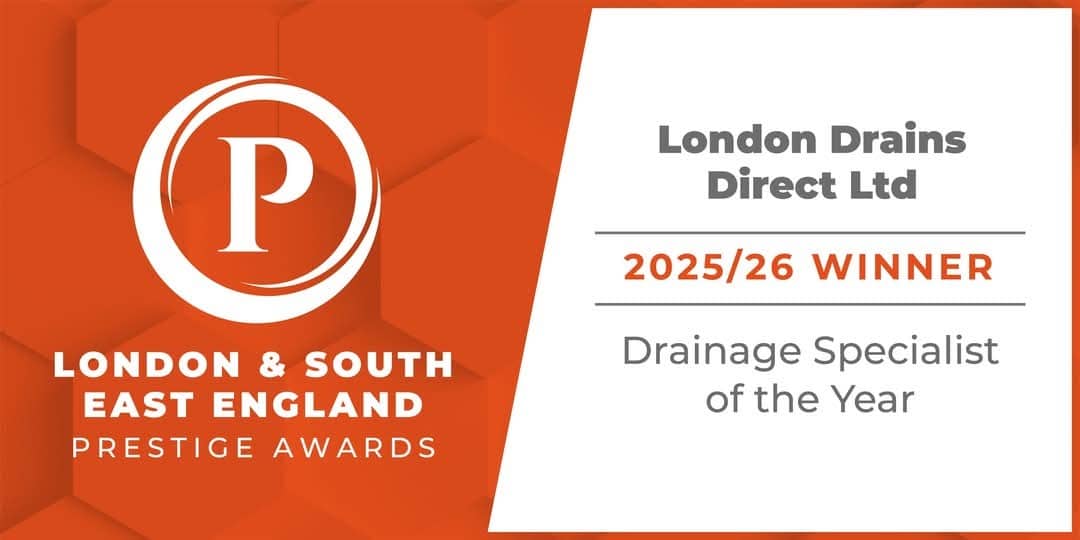
What comes to mind when you think of the word “appliance”? How about the dishwasher, washing machine, refrigerator, ovens, and microwaves. One thing that many people don’t think about is plumbing issues when it comes to home appliances. If your drains are slow or backed up in any way, this could be causing water damage to your device. You may not know this is happening until you start seeing mould growing inside the appliance cabinet (which can also lead to health problems). But how do you know if it’s actually a problem with your drain pipes or just an issue with your dishwasher? Read more for some helpful tips.
How To Tell Whether It Is Drains or the Appliances Causing the Issue
A few telltale signs help you determine whether the issue is with your drains or your appliances. For example, if your devices are making strange noises, if they’re not heating up properly, or if they’re leaking water, then it’s likely that there’s something wrong with them, and you’ll need to call in a professional to take a look. However, if your drains are clogged or overflowing, then it’s likely that the problem lies there instead. In either case, it’s crucial to get the problem fixed as soon as possible so that you can continue using your appliances safely and without any further issues.
What To Do if It Is the Drains
If you are experiencing low water pressure or slow draining sinks, showers, tubs, and toilets, it is possible that the problem lies with your drains. There are two common issues associated with home appliances: tree roots clogging pipes and sediment buildup in the tank. Either way, there are ways to fix these potential issues yourself, but sometimes a professional has to be called for more severe cases.
Eliminating Tree Roots from Drains If you have an issue with organic debris such as grass clipping and paper towels getting stuck in your drain, then eliminating tree roots may help resolve this issue. One way to do this is by using a chemical drain opener; however, these should only be used as a temporary fix and not regularly. A more permanent solution would be to have the drains snaked, which will remove any blockages in the line.
What To Do if It Is the Appliance
If it is the appliance causing your drainage problems, you will need to take some steps to fix the issue. The first step is to identify what is causing the problem. Once you have identified the issue, you can troubleshoot and fix it. Of course, if you are not comfortable doing this yourself, you can always call a professional for help.
How To Prevent This From Happening in the Future
It is vital to understand all the causes of a drain blockage to prevent this from happening. For instance, food is a common cause of blocked drains, and you can easily prevent this from happening by cooking with less oil or fat. You should also avoid putting foods that expand into the sink, such as rice, pasta, and bread. In addition, disposable wipes are another major cause of blocked sinks because they do not dissolve in water as toilet paper does. Meaning that all those ‘flushable’ wipes remain inside your pipes, causing damage over time for future homeowners.
Conclusion
When there’s an issue with either the appliance or the drains, it’s crucial to find out if it’s a problem with one or both. By investigating and fixing the root of the problem, you can save yourself time and money. If the appliance is at fault, you may need to purchase a new one. However, if it turns out that the drains are clogged, a simple cleaning can solve the issue. Keep in mind that these general tips may not apply to every situation, so be sure to consult with a professional if you are having trouble fixing the problem yourself.

